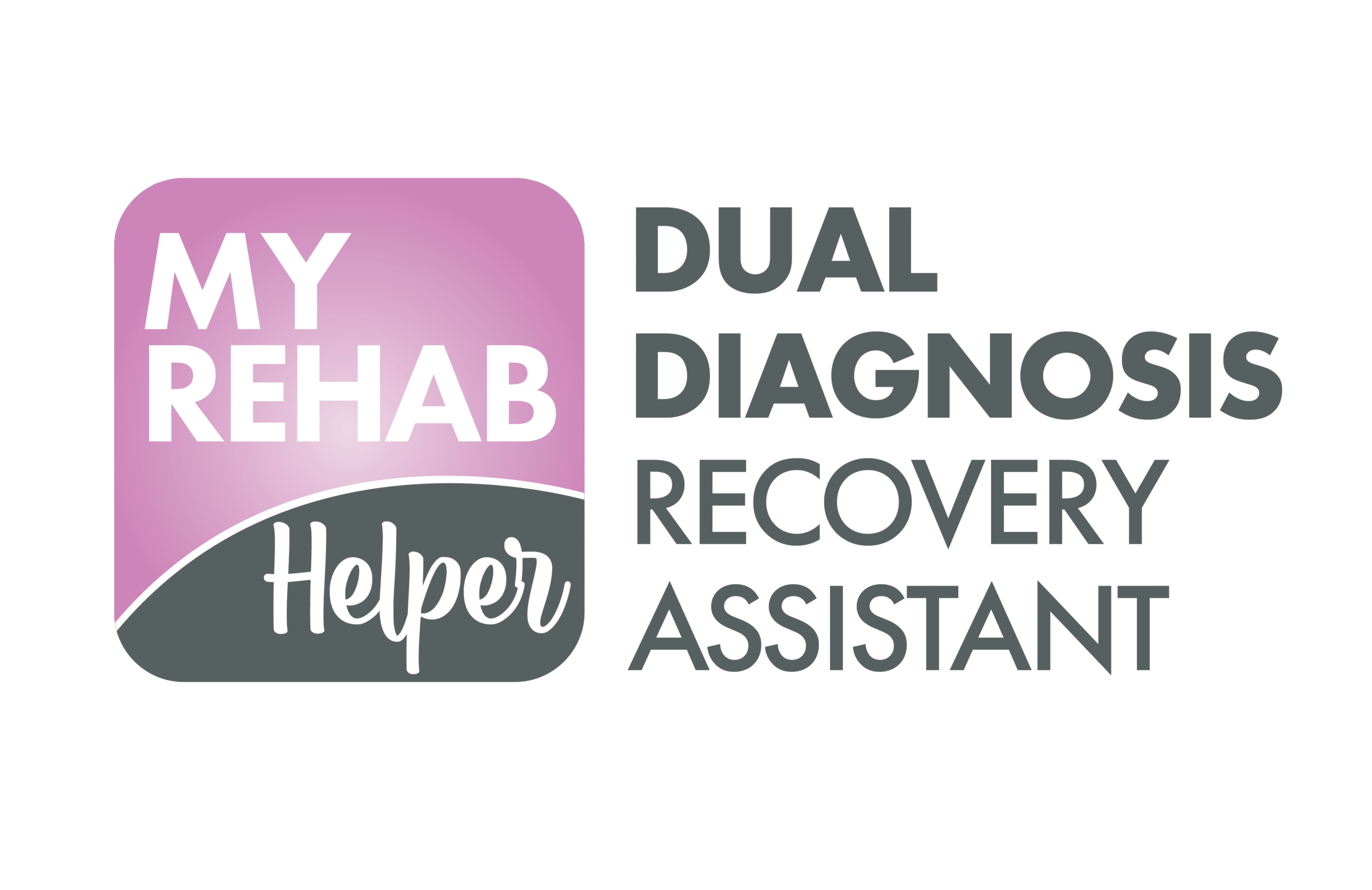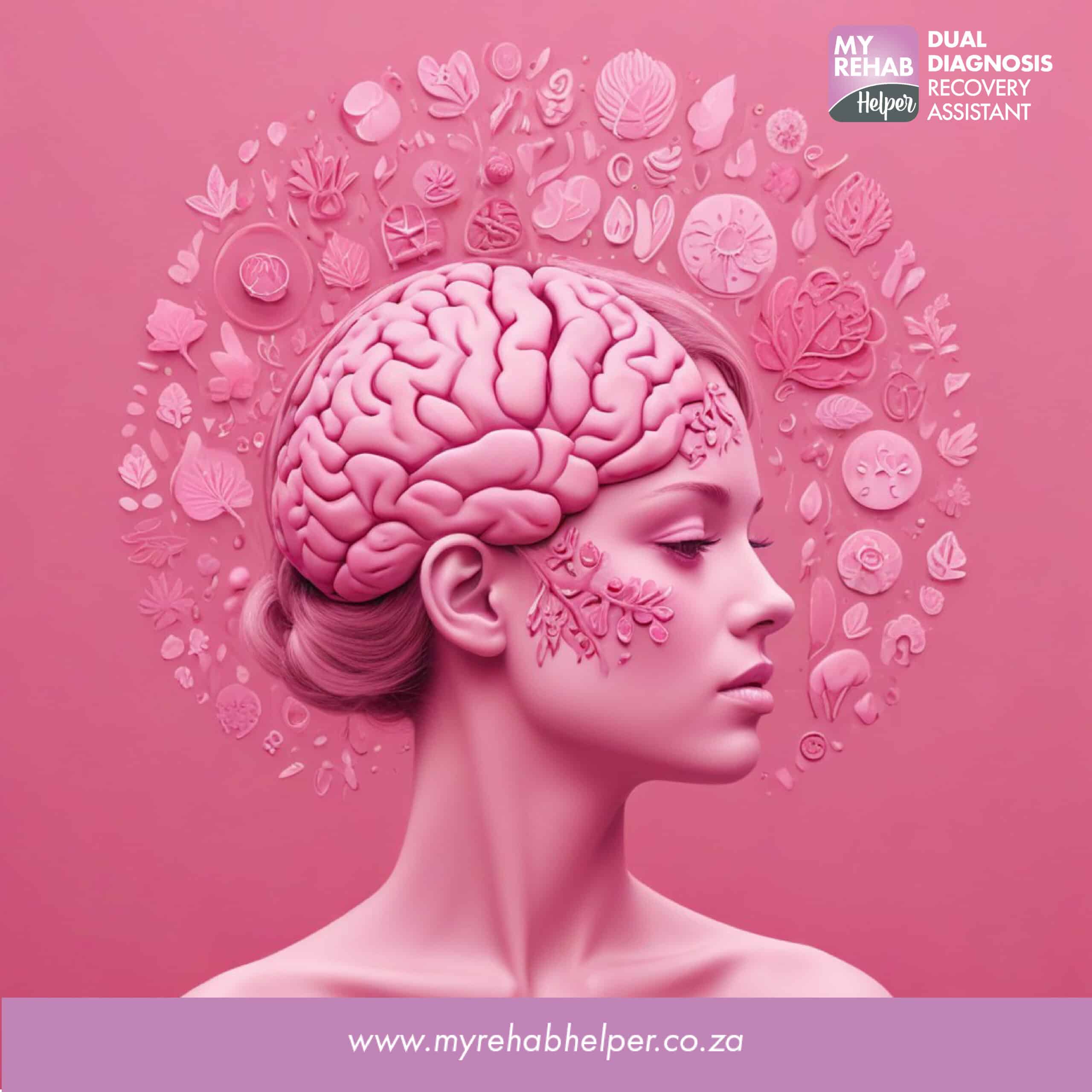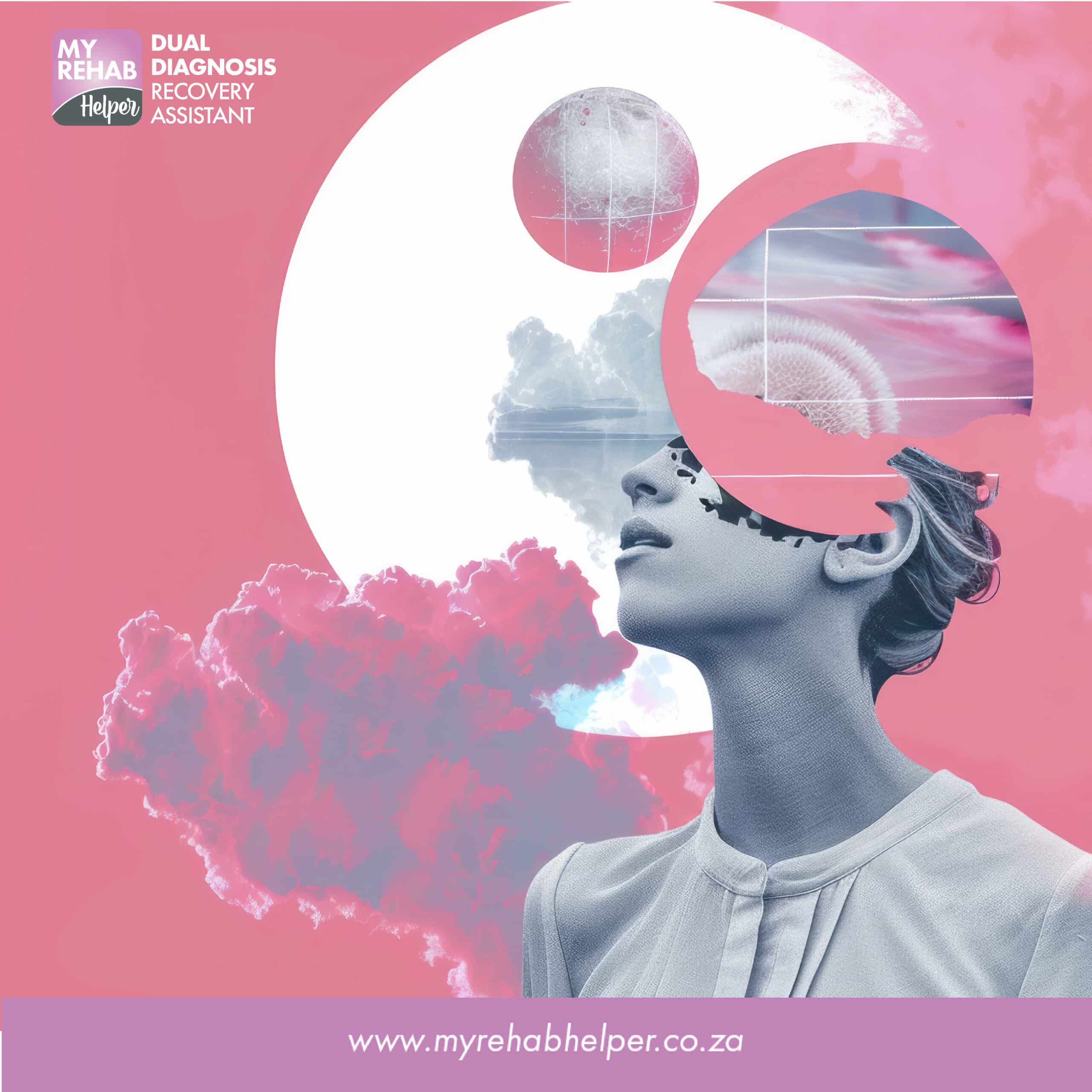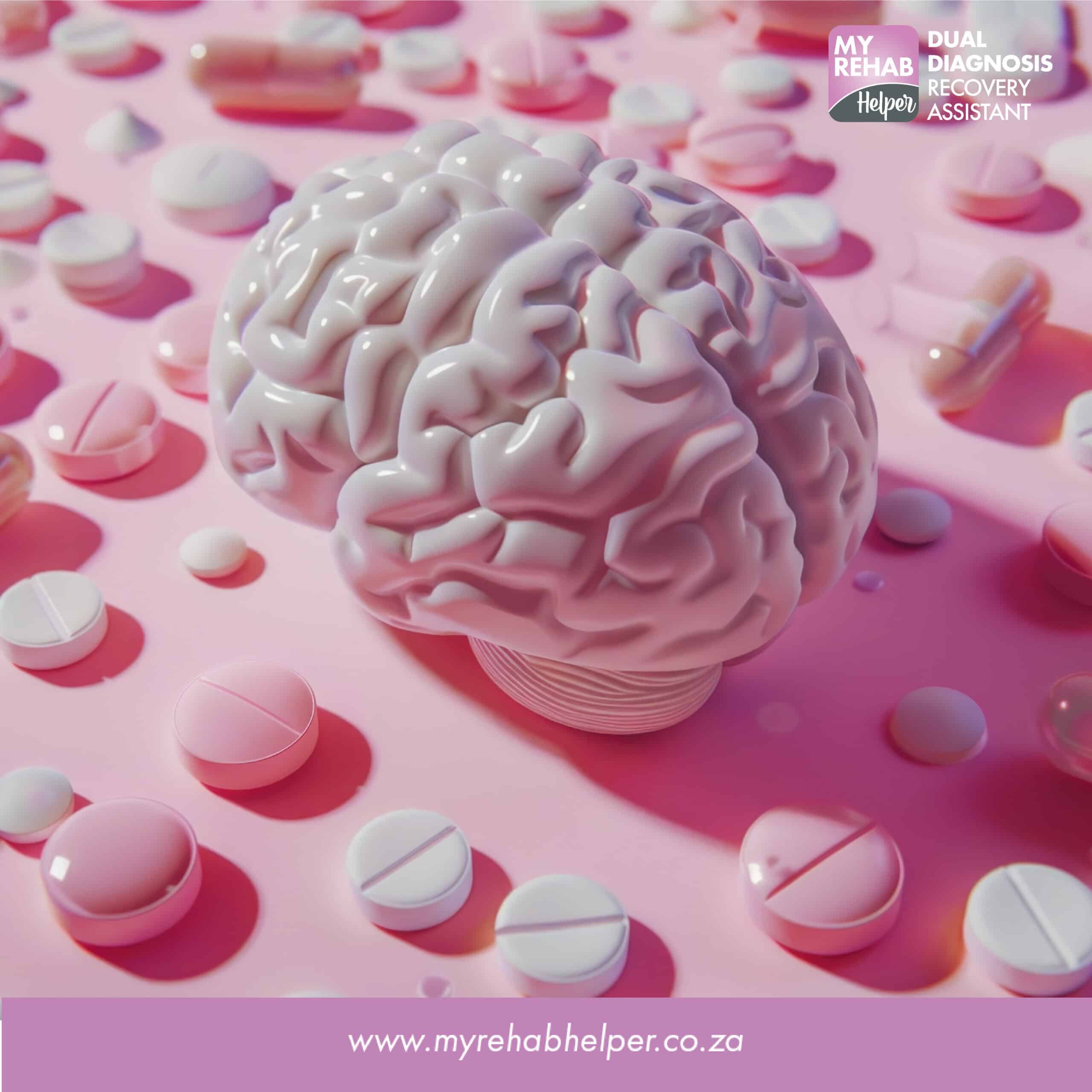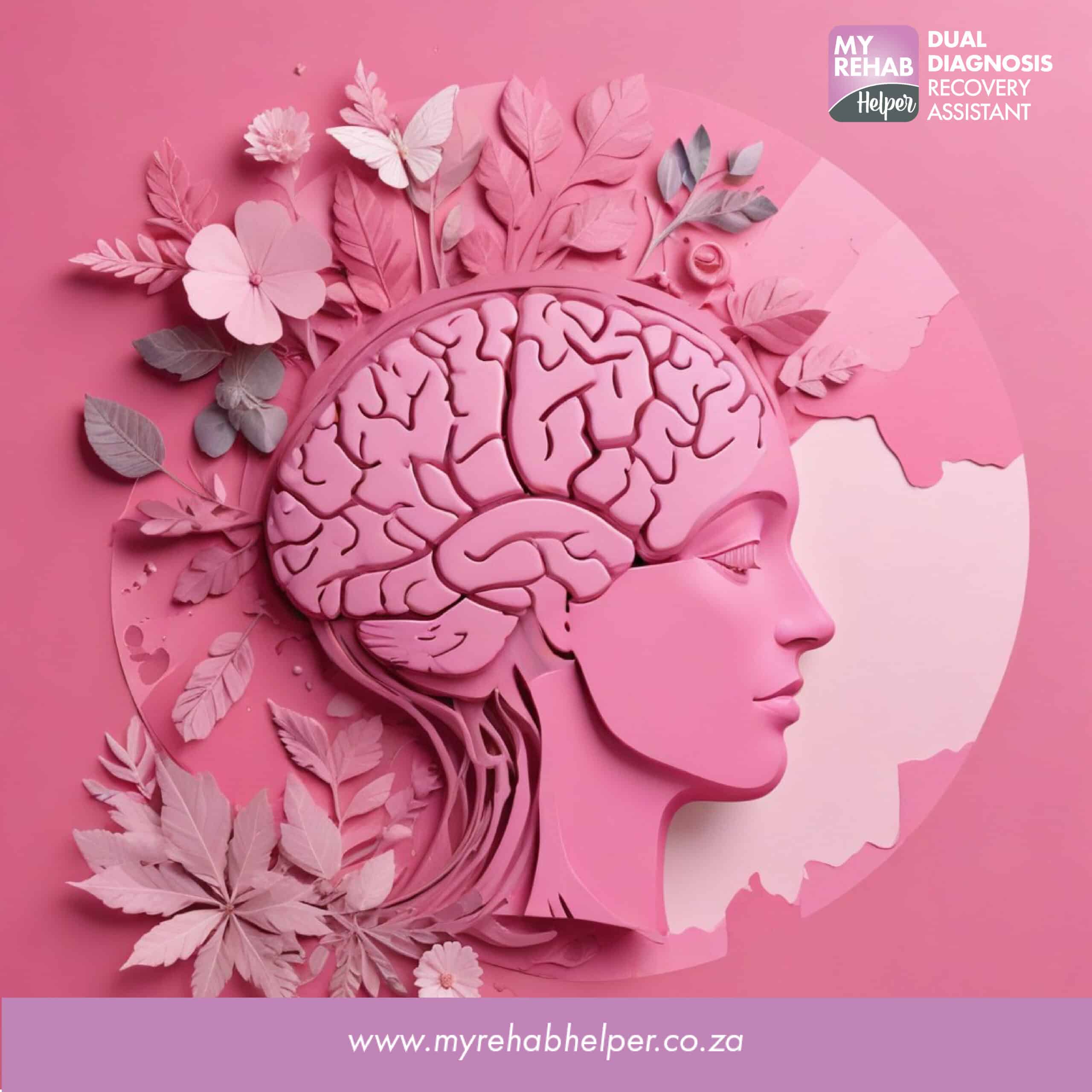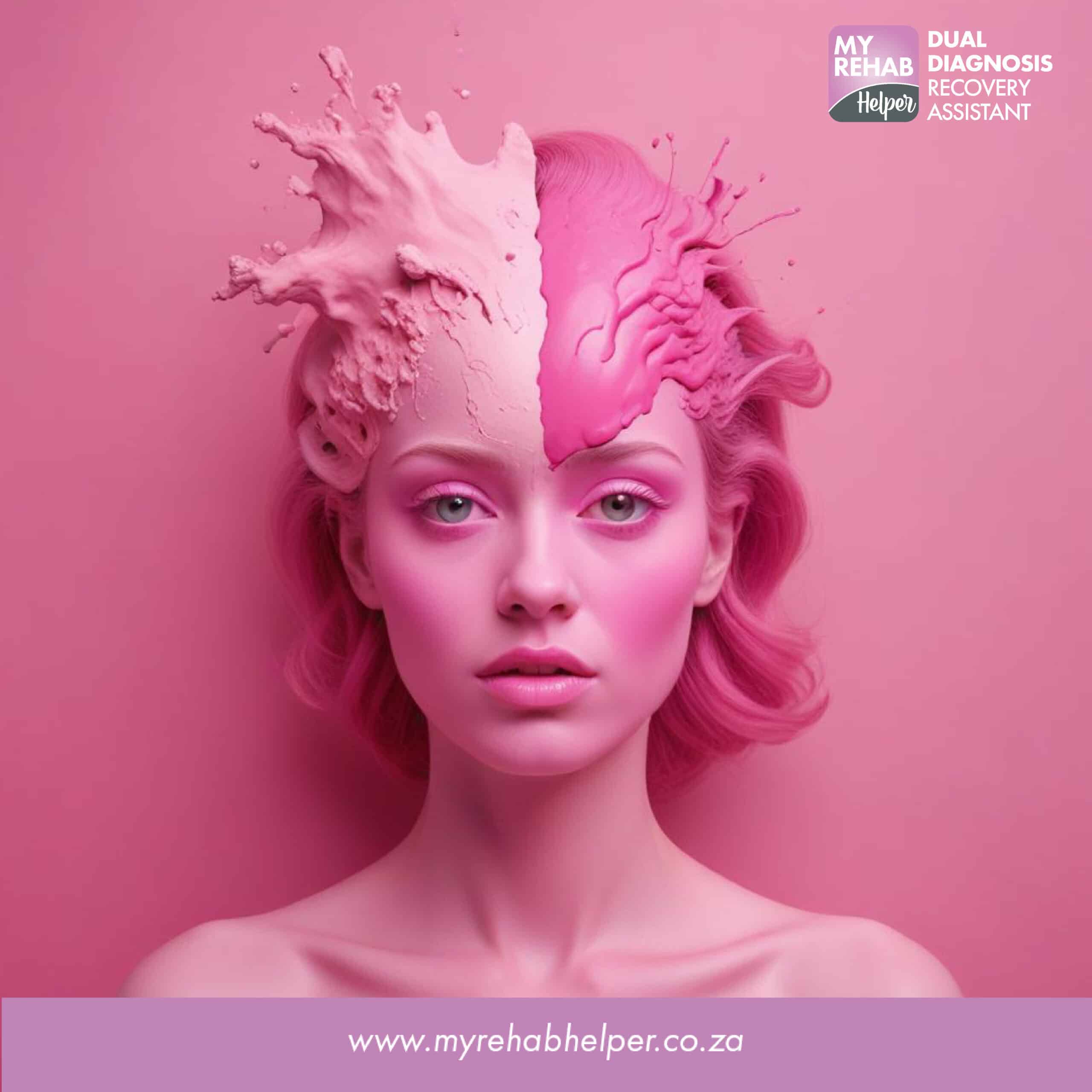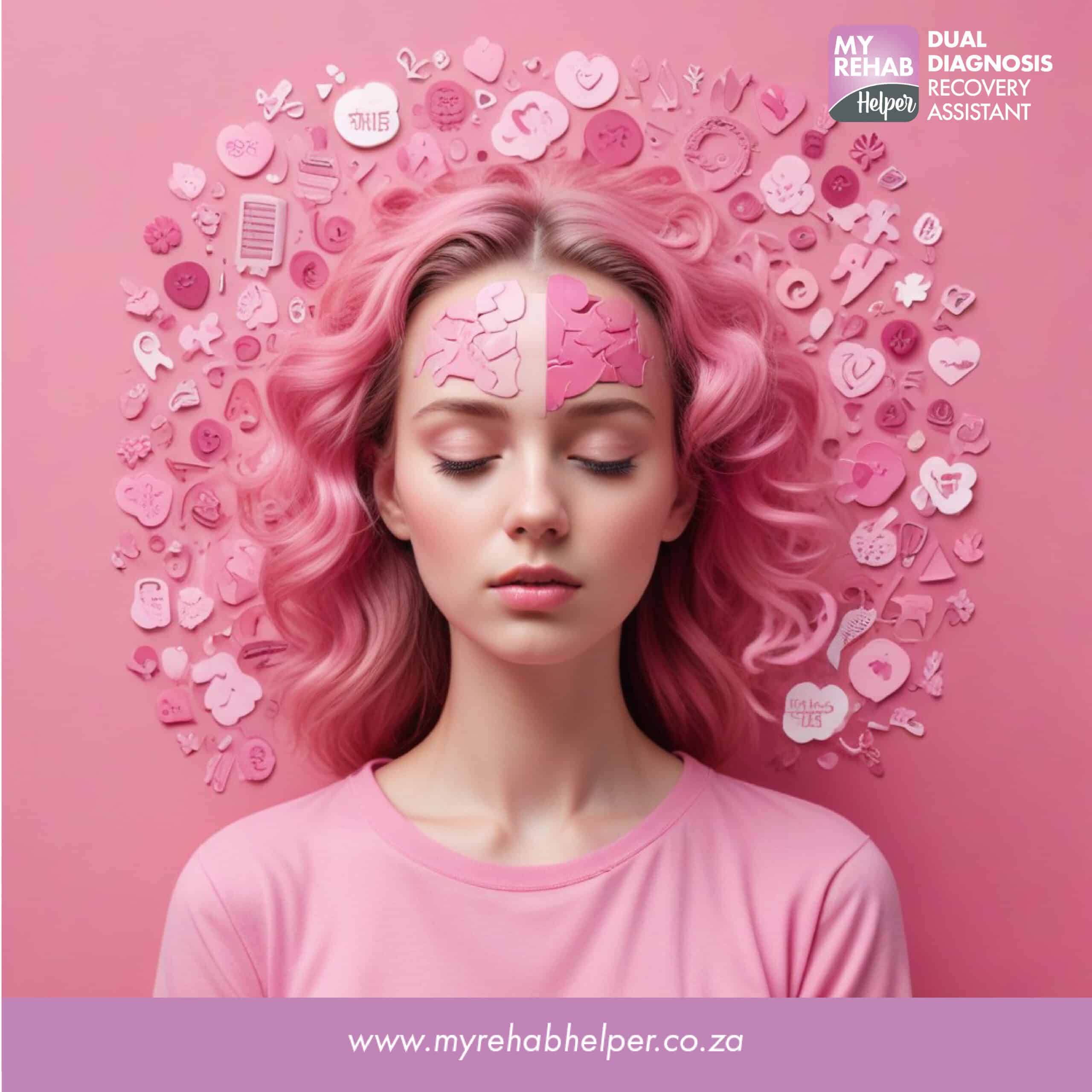Shared experiences play a vital role in alcohol abuse recovery at treatment centres in Midrand. Connecting with others facing similar struggles reduces isolation and shame. Sharing personal stories provides practical insights, coping strategies, and mutual support. This environment fosters camaraderie, understanding, and trust, strengthening participants’ commitment to recovery. Celebrating milestones and offering encouragement during challenges helps individuals stay focused on their goals. By embracing shared experiences, participants build a foundation for growth, healing, and long-term sobriety.
Please note that our Midrand location is now at 181 Bekker Road, Vorna Valley, Midrand, and our MyRehab Helper Midrand contact number is 072 793 7717.
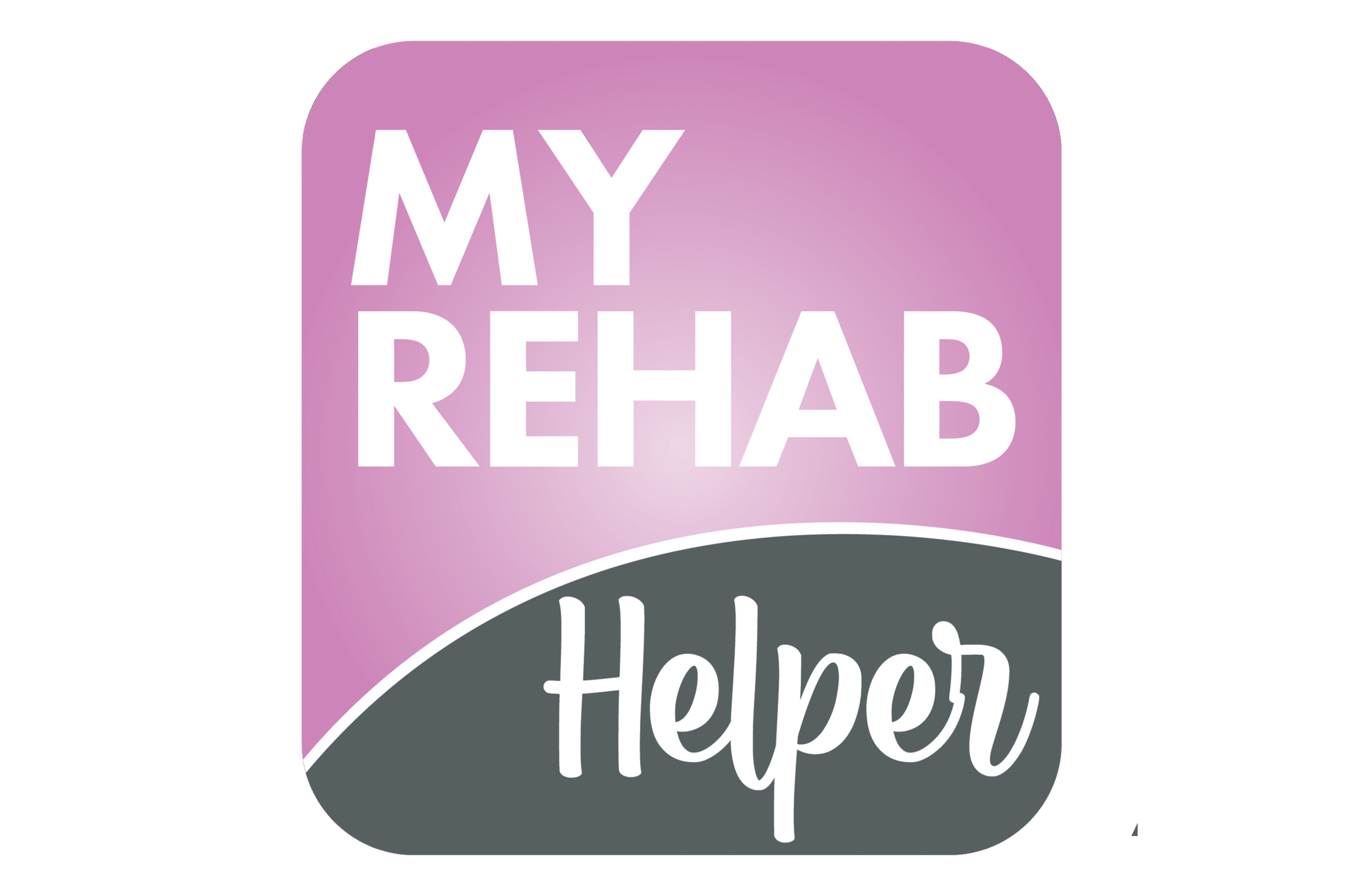
Peer Support in Alcohol Abuse Recovery
Peer Support and Group Therapy in Alcohol Abuse Treatment Centres in Midrand
Peer Support and Group Therapy in Alcohol Abuse Treatment Centres in Midrand
Importance of Peer Support
Importance of Peer Support
Peer support is vital in alcohol abuse recovery, especially at treatment centres in Midrand. Connecting with others facing similar challenges provides community, understanding, and shared experience. It creates a safe space to discuss struggles, celebrate progress, and gain insights from those who truly understand the journey. Peer support offers emotional encouragement and practical advice, fostering camaraderie and solidarity. Whether in group therapy or support meetings, these connections build a lasting network that nurtures growth beyond formal treatment.
Role of Group Therapy
Group therapy is a key part of alcohol abuse treatment in Midrand, providing a supportive environment for recovery. Participants share experiences and challenges, gaining insights from others’ struggles and successes. The group encourages emotional expression and accountability, as members support each other’s commitment to sobriety. Through shared experiences, individuals build trust, empathy, and coping skills essential for long-term recovery. The collaborative setting fosters community, helping participants overcome isolation, break through denial, and strengthen their resolve to maintain sobriety.
Benefits of Shared Experiences
Call one of our MyRehab Helpers now!
Contact one of our helpers for ethical referals to a facility or health care professional that suits your unique circumstances.
Structure of Group Sessions
Effectiveness of Peer Groups
Peer groups play a vital role in alcohol abuse recovery at treatment centres in Midrand, enhancing the recovery process. They foster belonging and reduce isolation by connecting individuals facing similar challenges. Sharing experiences builds empathy and provides practical insights for overcoming struggles. Peer groups create a safe space for expressing thoughts, fears, and successes without judgment. Support and encouragement from peers boost confidence, motivation, and commitment to sobriety. Accountability to the group further reinforces recovery goals. Overall, peer support strengthens long-term success, lowers relapse risk, and promotes lasting change.
Facilitating Peer Interaction
Facilitating peer interaction is key to successful alcohol abuse recovery at treatment centres in Midrand. Open communication allows individuals to share experiences, coping strategies, and insights, providing perspectives beyond individual therapy. Group discussions, team-building exercises, and support circles encourage active participation and meaningful connections. These interactions foster camaraderie, reinforce that recovery is a shared journey, and strengthen personal commitment. Peer support builds a lasting community that extends beyond the treatment centre, offering ongoing encouragement, accountability, and motivation for long-term sobriety.
Training for Group Facilitators
Skilled facilitators are essential for effective group therapy and peer support in alcohol abuse recovery at Midrand treatment centres. Trained to manage group dynamics, they create a safe, non-judgmental space for open dialogue. Facilitators recognize each individual’s challenges and provide tailored guidance to support progress. They encourage emotional expression, foster healthy peer communication, and maintain confidentiality and group boundaries. With expertise in addiction and recovery, facilitators build trust and respect, making group therapy a powerful tool for healing and long-term growth.
Incorporating Family in Therapy
Incorporating family members into alcohol abuse recovery can significantly enhance the healing process. At alcohol abuse treatment centres in Midrand, family involvement is an essential part of therapy, as it helps rebuild relationships and creates a supportive network for long-term sobriety. Family therapy provides a platform for loved ones to better understand the complexities of addiction and the recovery process, equipping them with the tools to support their family member effectively. By involving family in therapy sessions, individuals can address any unresolved issues, improve communication, and break down the emotional barriers that may have formed due to the addiction. This collaborative approach not only strengthens family bonds but also provides a sense of unity and commitment, making it easier for individuals to stay on track with their recovery. Moreover, family involvement helps reduce the risk of relapse by fostering a stable and supportive home environment.
Peer Support Models
Peer support models play a vital role in alcohol abuse recovery, connecting individuals with others facing similar challenges. At Midrand treatment centres, these models foster shared understanding and empathy often missing in traditional therapy. Participants gain emotional support and practical advice from peers on the same recovery journey. This approach builds trust, reduces isolation, and helps individuals feel understood and validated. Peer support encourages sharing stories, celebrating progress, and learning from others’ experiences. Supporters also provide guidance on managing triggers and overcoming obstacles. Overall, peer support strengthens recovery and motivates individuals to maintain sobriety.
Ethics in Group Therapy
Ethics are essential for safe, effective group therapy at alcohol abuse treatment centres in Midrand. Facilitators and participants uphold confidentiality, respect, and professionalism. Privacy allows individuals to share without fear of judgment. Guidelines promote mutual respect and a non-judgmental space where all voices are valued. Therapists manage group dynamics to prevent power imbalances and protect emotional well-being. Boundaries are respected, and no one is coerced. Following these standards ensures a supportive environment for discussing challenges and celebrating progress.
Community Building Activities
Community-building activities are vital in alcohol abuse recovery at Midrand treatment centres. They foster connection, support, and belonging, strengthening long-term sobriety. Group outings, projects, and social events help participants build trust, communicate, and work toward shared goals. By reducing isolation and promoting mutual support, individuals gain the encouragement needed to stay committed to recovery. These activities also teach healthy social behaviors, reinforce positive habits, and create a lasting support network for lifelong sobriety.
Call one of our MyRehab Helpers now!
Contact one of our helpers for ethical referals to a facility or health care professional that suits your unique circumstances.
Impact of Group Size on Therapy
Therapy group size greatly impacts alcohol abuse treatment at Midrand centres. Smaller groups allow therapists to provide individualized guidance and foster deeper connections, while larger groups offer diverse perspectives and encourage active engagement. Balancing size is key—too few limits variety, too many can overwhelm. The right size promotes interaction, support, and community, helping participants feel heard and stay committed to lasting sobriety.
Case Studies of Successful Groups
Case studies of successful peer support groups in alcohol abuse recovery demonstrate the profound impact that group therapy can have on individuals seeking help. One example from alcohol abuse treatment centres in Midrand highlights a small, close-knit group where members bonded quickly through shared experiences, encouraging one another to confront personal struggles. This sense of trust and understanding created a supportive environment where individuals felt empowered to break through the barriers of shame and isolation that often accompany addiction. In this particular case, the group’s success was attributed to its ability to combine peer support with structured therapy, offering a blend of personal sharing and professional guidance.
Another case study shows the success of a larger, more diverse group that spanned various age groups and backgrounds. While initially, the diversity seemed to create challenges in communication, it ultimately fostered a rich exchange of coping strategies, perspectives, and motivation. The participants in this group were able to offer insights that were both relevant and novel, which helped members gain new tools to manage their recovery. By incorporating a variety of therapeutic techniques—such as role-playing and mindfulness exercises—into the group sessions, these individuals were able to navigate their journey toward sobriety with confidence. Both cases emphasize the importance of group dynamics, showing that with the right structure, therapy groups can offer immense value in the alcohol recovery process.
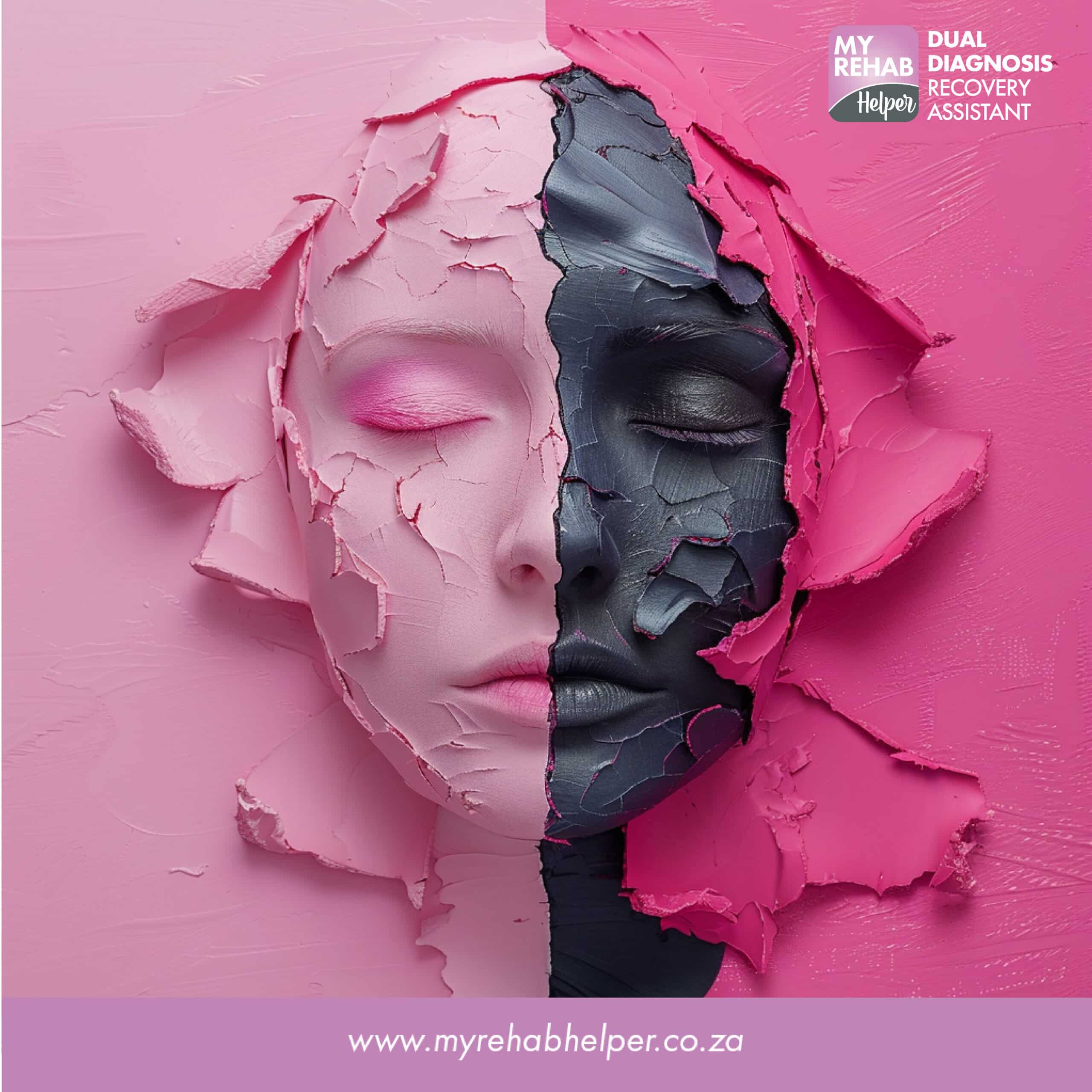
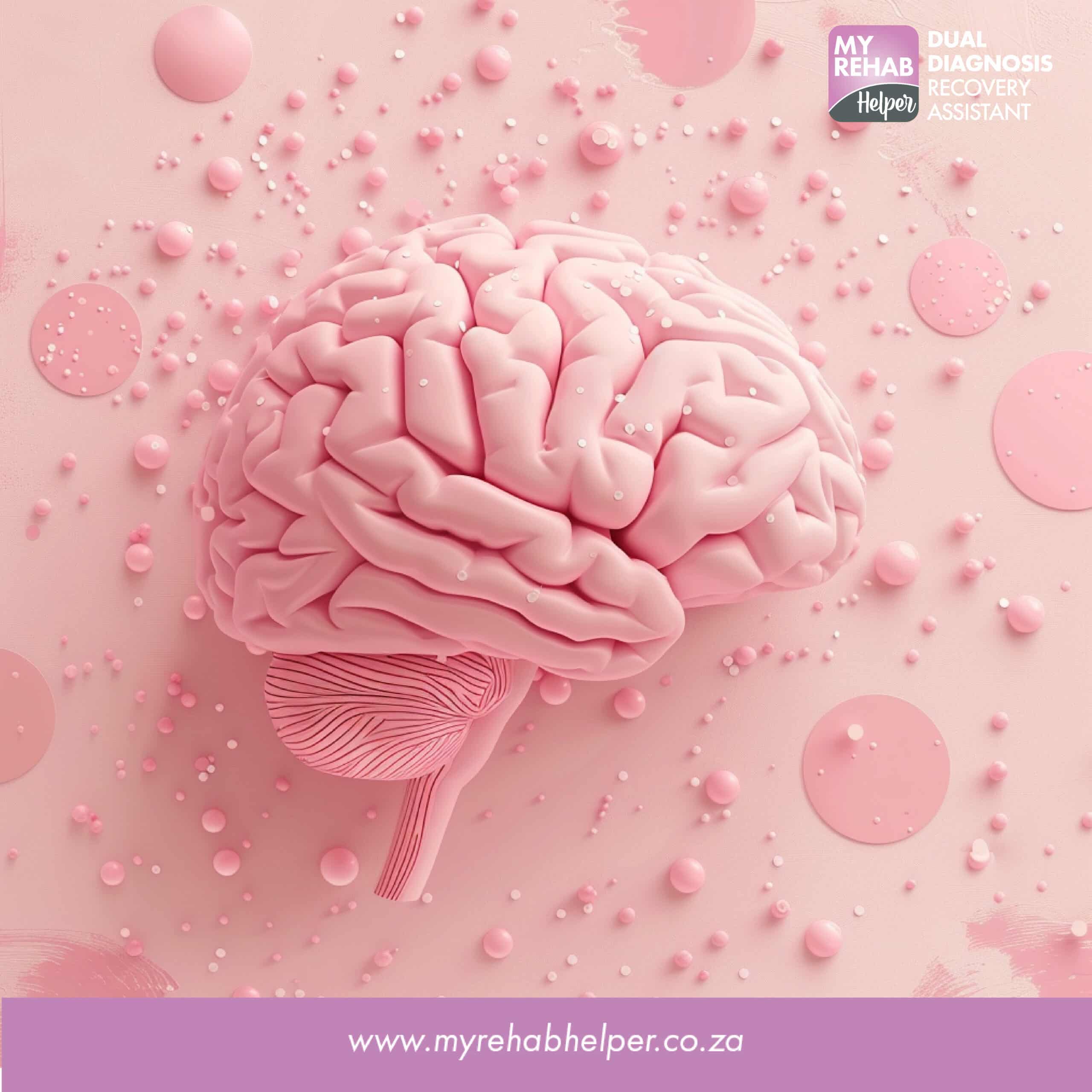
Future Directions in Peer Therapy
The future of peer therapy in alcohol abuse recovery is becoming more dynamic and inclusive, with advancements in technology enabling virtual support groups, online forums, and apps to connect individuals in recovery. These innovations offer flexible, accessible options for ongoing support, overcoming geographical and scheduling barriers. Furthermore, specialized peer support groups tailored to specific demographics, such as young adults or individuals with co-occurring mental health issues, are gaining traction, ensuring a more personalized experience for participants. As the focus shifts to long-term recovery, peer therapy will continue to be a vital tool in helping individuals maintain sobriety and build lasting, supportive connections.
Overcoming Challenges in Group Sessions
Overcoming challenges in group therapy sessions for alcohol abuse recovery requires addressing various dynamics that can arise within the group setting. These challenges may include differences in individuals' readiness for change, resistance to sharing personal experiences, or conflicting personalities among group members. Effective facilitation is key to managing these obstacles, ensuring a safe, respectful environment where all participants feel comfortable. Group leaders can implement strategies like setting clear guidelines, offering individualized attention when needed, and encouraging open communication. By acknowledging and addressing these challenges, group therapy can become a powerful tool for fostering healing and growth within the recovery journey.
Real-life Stories from Peer Groups
Real-life Stories from Peer Groups
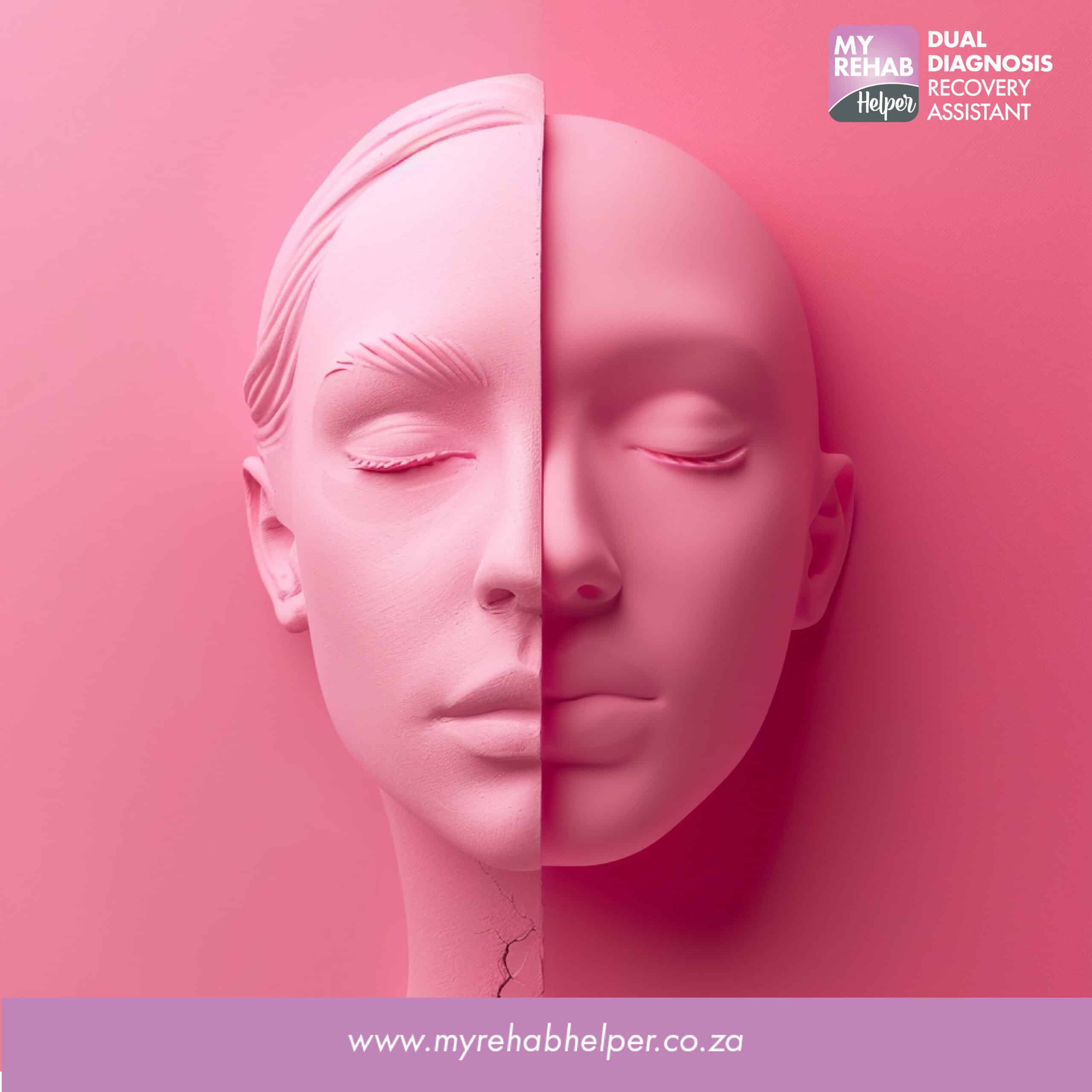
Contact MyRehab Helper
If you or a loved one is struggling with alcohol addiction, MyRehab Helper is here to provide the support you need. We understand that recovery can be a challenging journey, but with the right guidance and resources, lasting change is possible. Our team of professionals is dedicated to connecting you with the best alcohol abuse treatment options near you. Through personalized treatment plans, peer support, and group therapy, we offer a holistic approach to healing.
At MyRehab Helper, we’re committed to walking alongside you every step of the way. Our compassionate team will help you understand your treatment options, answer any questions, and ensure you have the support and care you need to thrive. Reach out to MyRehab Helper today to learn more about how we can help you or your loved one take the first step toward recovery. Let’s work together to find the path to a healthier, alcohol-free future.
